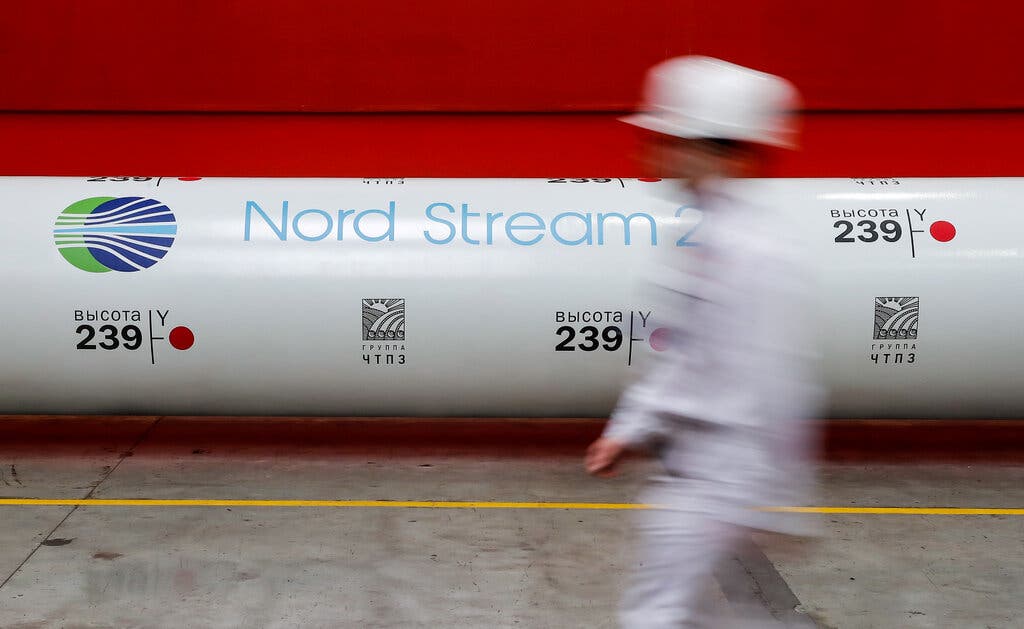This figure represents a threefold drop compared with the previous year, when the EU purchased over €90 billion worth of Russian energy.
The bloc continues to import Russian oil, petroleum products, and natural gas. Though Brussels banned purchasing oil and petroleum products from Russia, temporary exemptions were provided for the import of Russian seaborne oil by Bulgaria and for use of the Druzhba oil pipeline, which supplies Hungary, Slovakia, and the Czech Republic. Meanwhile, Russian pipeline gas and LNG were not affected by the restrictions.
Overall Russian exports to the 27-member bloc amounted to €50.64 billion last year, while Russia imported €38.32 billion from the EU, according to figures seen by RBK.
Since February 2022, when the Ukraine conflict began, Brussels has imposed 12 packages of sanctions on Russia, which have gradually narrowed the scope of trade. The European Commission claims the restrictions have effectively curtailed approximately €147 billion of the bloc’s “pre-sanction” trade turnover with Russia.
However, this has led to a situation where “all of the big items are already sanctioned”, a senior EU diplomat told Politico magazine during negotiations about the latest package of restrictions, adding that “the other big ones are not available, like nuclear or LNG”.
The EU’s share in Russia’s trade turnover has decreased by more than half – from 36% to 15%, Russian Minister of Economic Development Maksim Reshetnikov said earlier this month, adding that the country’s trade with friendly nations had risen from 46% to 77%.
The 13th package of EU sanctions on Russia, which is currently being prepared to coincide with the second anniversary of the beginning of Moscow’s military operation on February 24, is expected to target around 200 entities and individuals but not include any import bans.
The Financial Times has reported that Hungary, which has been a consistent critic of restrictions on Russia and of EU military aid to Ukraine, refused to sign off on the new measures during a meeting of the bloc’s ambassadors.
